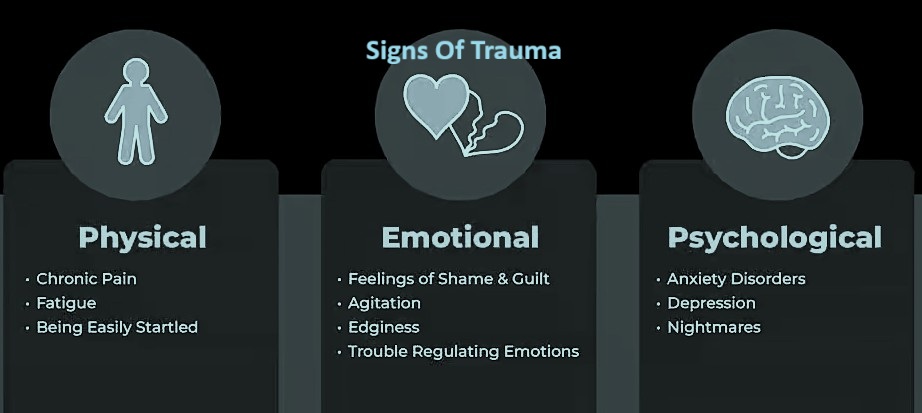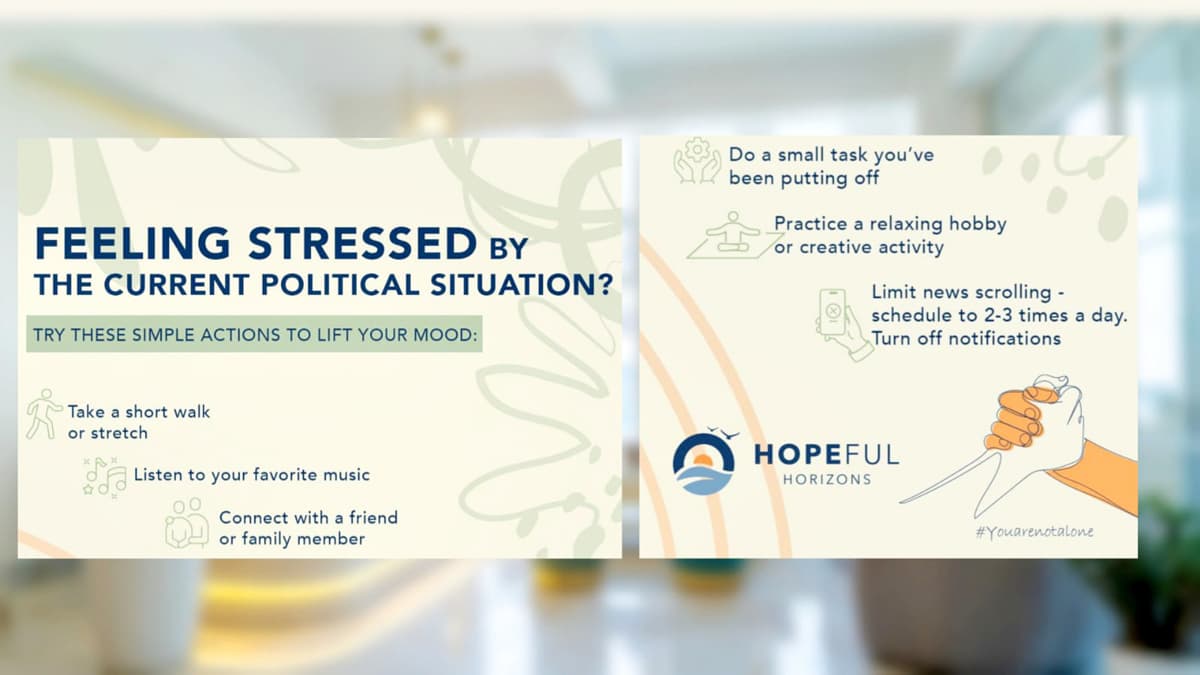Understanding Human Behavior in Times of Collective Stress: Rage, Resilience, and Path to Mental Wellbeing
By Dr. Anjela
How crises shape our behavior
Human behavior is not random—it often follows recognizable patterns shaped by past experiences, cultural values, and collective memory. In South and Southeast Asian countries, where history has been marked by political upheavals, rapid transitions, and social inequalities, we see recurring cycles of public response when political crises emerge.
Psychology offers tools to understand these patterns, sometimes called predictive analysis of behavior. By recognizing how individuals and communities are likely to respond, we can better prepare ourselves emotionally and protect our mental wellbeing. Past events, be it natural disasters, health emergencies, social unrest or political crisis— such as the 2015 earthquake and the COVID-19 pandemic, showed us how stress and uncertainty can shape collective behavior and how individuals can navigate these turbulent times without falling into cycles of fear and helplessness.
The psychological role of "Fear and Uncertainty"
Fear is one of the strongest motivators of human behavior. When faced with uncertainty, the human brain defaults to survival mode:
Hypervigilance: Constantly scanning for threats.
Herd mentality: Following the majority, even if decisions are irrational.
Mistrust: Distrusting leaders, institutions, and sometimes even neighbors.
Emotional exhaustion: Chronic stress leading to burnout, withdrawal, or depression.
Understanding these reactions helps us recognize that they are not personal weaknesses but normal responses to overwhelming situations. With awareness, we can also learn to manage them in healthier ways.
The trajectory of events in times of crises
Triggering Event – A political decision, corruption scandal, election dispute, or act of violence ignites uncertainty further escalated by the herd behavior of destructiveness.
Public shock & confusion – Citizens seek information but are often overwhelmed by rumors and conflicting narratives.
Polarization & division – Communities sometimes split along lines of opinion or identity, creating mistrust. Opportunistic actors may exploit this environment.
Collective action or withdrawal –Some people feel moved to take action, while others may need to step back to protect their energy.
Normalization attempts – The public adapts to a “new normal,” but the psychological scars of fear, loss, and uncertainty remain.
We are thriving for our ‘New Nepal’
Uncertainty and Psychological Toll – Citizens, caught between hope and despair, struggle with anxiety, depression, and fatigue as the cycle drags on. Fear spreads faster than facts, amplified by social media and informal networks.
Adaptation – Over time, communities adjust, though emotional scars often remain.
Throughout these phases, it’s important to remember that everyone responds differently, and each person’s journey is valid.
The Role of Social Media: A Double-Edged Sword
Social media has become both a megaphone and a magnifying glass: Social media and digital communication play a complex role. They can be powerful tools for solidarity, awareness, and maintaining connection. However, they can also amplify stress through:
Constant Exposure: An endless stream of updates can make it difficult to step away and recharge.
Information Overload: The volume of news and perspectives can become overwhelming.
Comparison and Pressure: Seeing the responses of others can sometimes lead to feelings of anxiety or pressure to respond in certain ways.
Mindful engagement with technology is essential for maintaining mental balance.

Caring for our mental wellbeing in turbulent times
Filter social media intake – Stay informed, but avoid doom scrolling. Pause before reacting to unverified information. Seclude certain hour in a day for excess to news. Over-information leads to over stimulation of brain and this also has major side effects in your well-being.
Channel energy constructively – Transform anger into volunteerism, community support, or advocacy for positive change.
Focus on what’s within control – Daily routines, personal wellbeing, and small acts of community solidarity matter.
Protect psychological boundaries – Don’t internalize geopolitics or corruption as personal failures; recognize systemic nature.
Seek mental health support – Therapy can help process rage, fear, and trauma in healthier ways. Your distress currently, is a normal reaction. We should help each other pass safely across this emotional turmoil, to avoid what's beyond our threshold. Talking with friends, family, or mental health professionals can help process emotions and reduce feelings of isolation.
A Final Note of Compassion
Challenging times remind us of our shared humanity. While experiences of stress and uncertainty are natural, they do not define us. By turning toward one another with empathy and patience—and by honoring our own needs—we cultivate the resilience that carries us forward.
At Hopeful Horizons, we are here to support you in nurturing mental and emotional wellbeing, whatever the circumstances may be.
References
Bonanno, G. A., Brewin, C. R., Kaniasty, K., & La Greca, A. M. (2010). Weighing the costs of disaster: Consequences, risks, and resilience in individuals, families, and communities. Psychological Science in the Public Interest, 11(1), 1–49. https://doi.org/10.1177/1529100610387086
Hobfoll, S. E., Watson, P., Bell, C. C., Bryant, R. A., Brymer, M. J., Friedman, M. J., … Ursano, R. J. (2007). Five essential elements of immediate and mid-term mass trauma intervention: Empirical evidence. Psychiatry, 70(4), 283–315. https://doi.org/10.1521/psyc.2007.70.4.283
Van Bavel, J. J., Baicker, K., Boggio, P. S., Capraro, V., Cichocka, A., Cikara, M., … Willer, R. (2020). Using social and behavioural science to support COVID-19 pandemic response. Nature Human Behaviour, 4(5), 460–471. https://doi.org/10.1038/s41562-020-0884-z
Brooks, S. K., Webster, R. K., Smith, L. E., Woodland, L., Wessely, S., Greenberg, N., & Rubin, G. J. (2020). The psychological impact of quarantine and how to reduce it: Rapid review of the evidence. The Lancet, 395(10227), 912–920. https://doi.org/10.1016/S0140-6736(20)30460-8
Reicher, S., & Drury, J. (2010). Collective action and psychological change: The emergence of new social identities. British Journal of Social Psychology, 49(4), 707–727. https://doi.org/10.1348/014466609X449448
World Health Organization (2022). Mental health and psychosocial well-being in emergencies. WHO. https://www.who.int/emergencies/mental-health
American Psychological Association (2020). Building resilience. Retrieved from https://www.apa.org/topics/resilience
